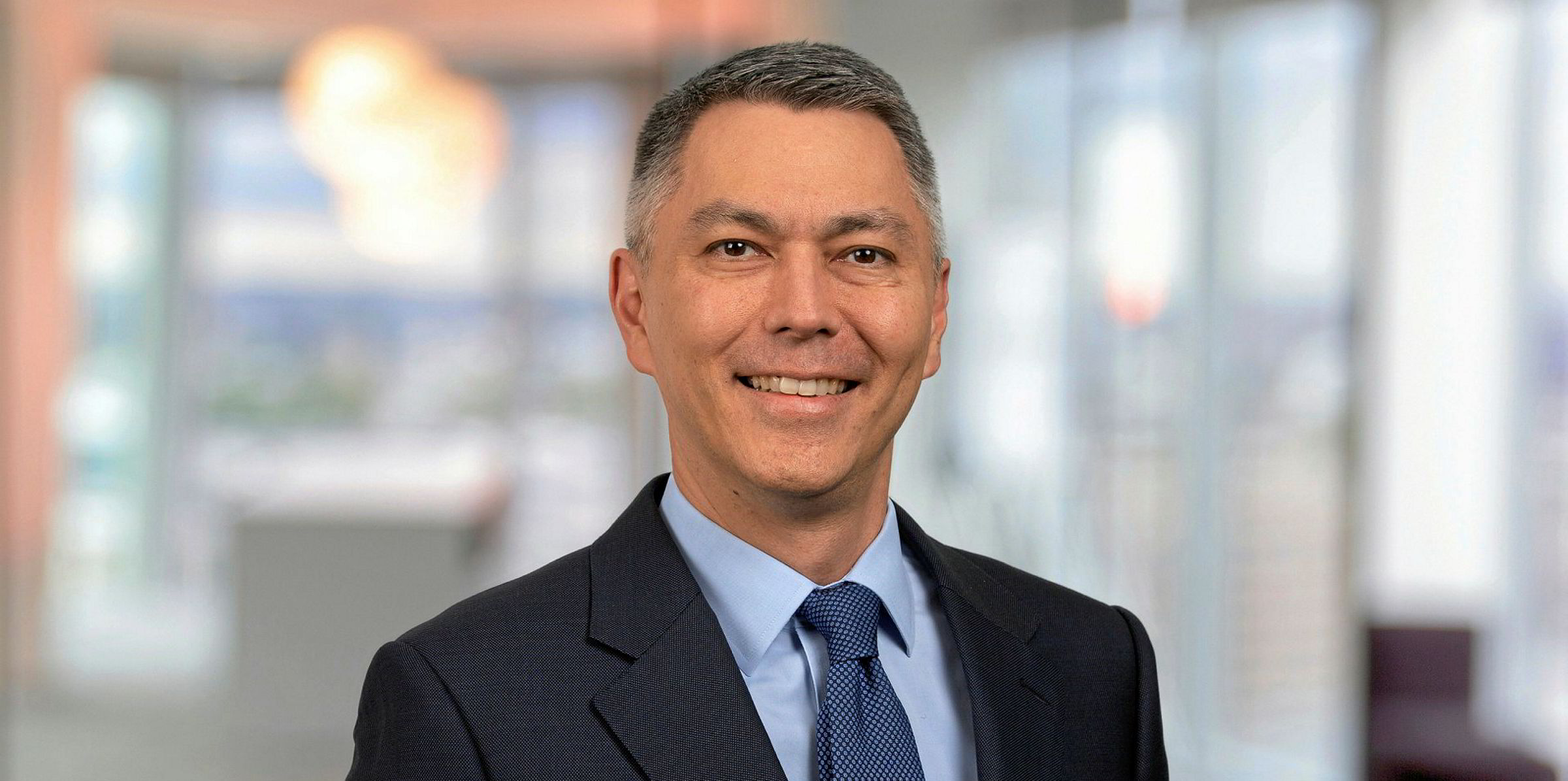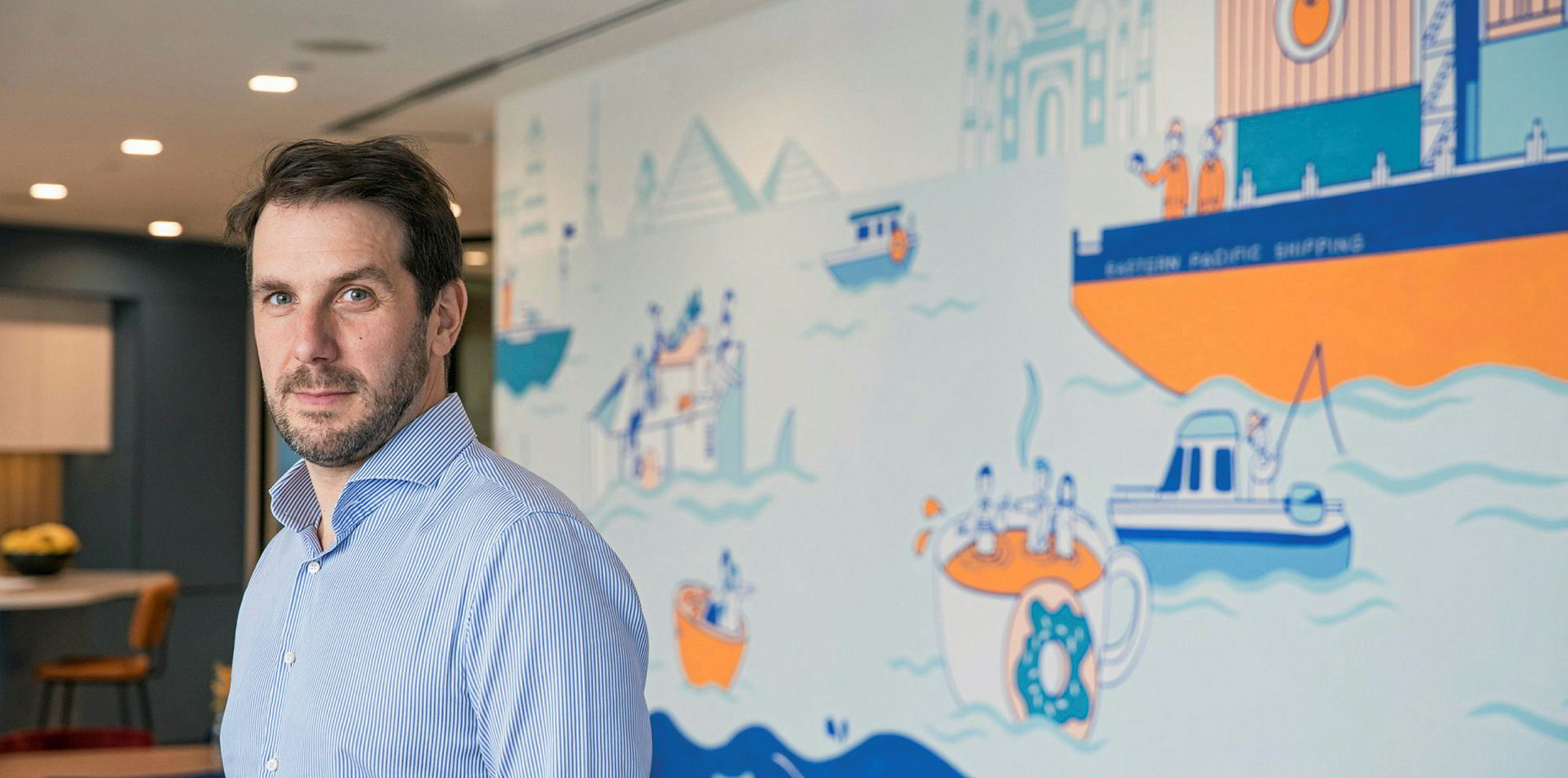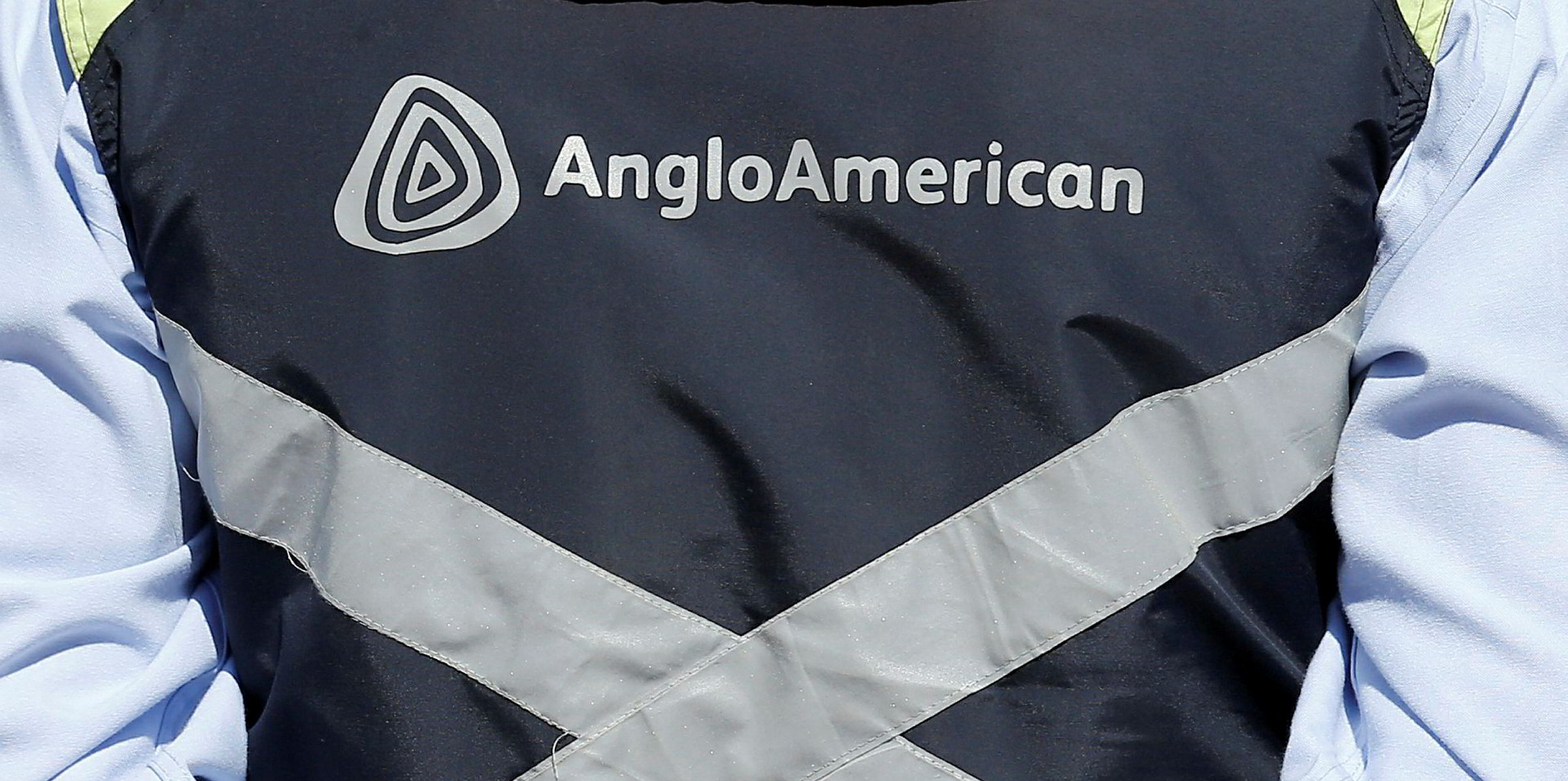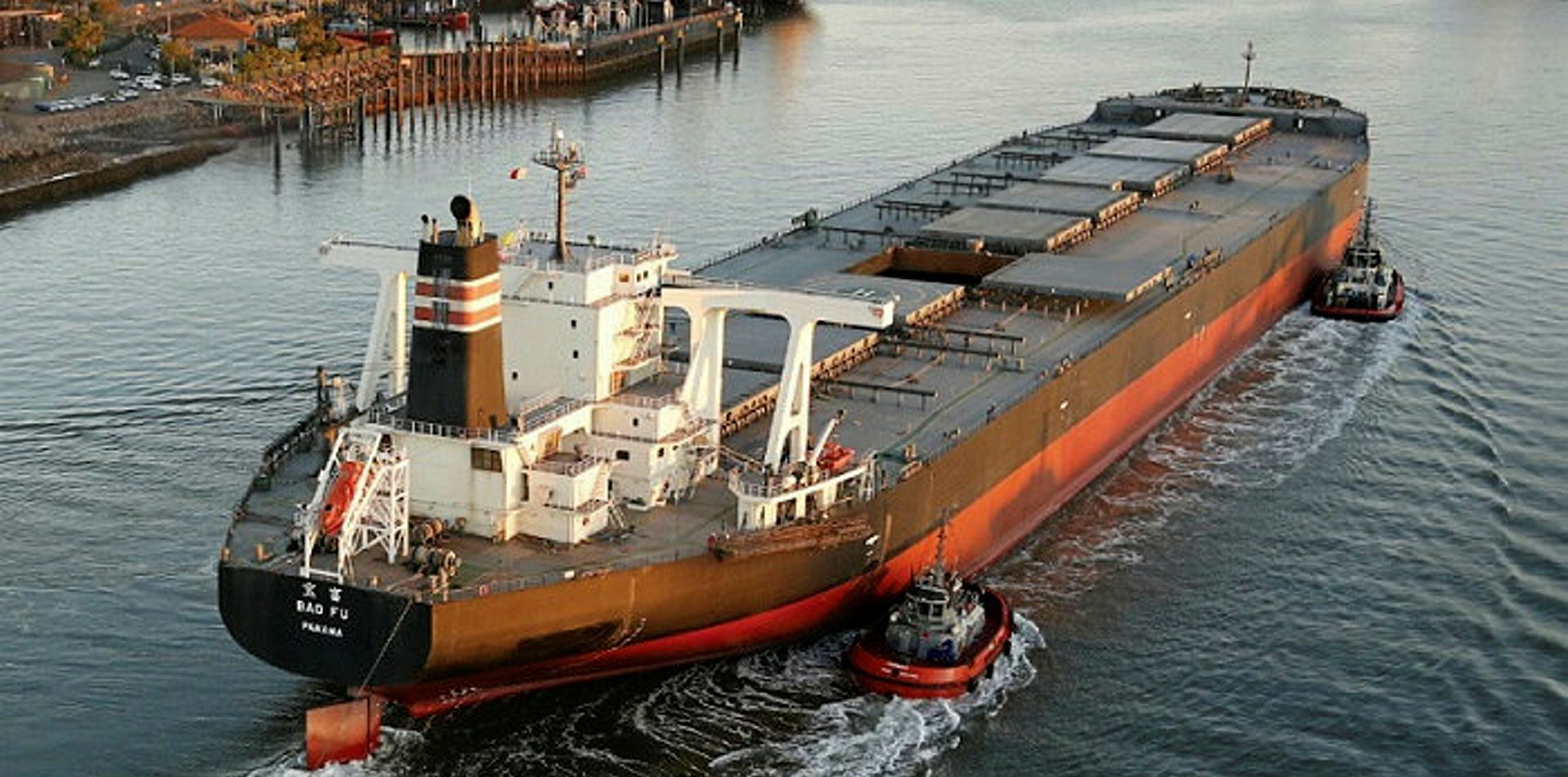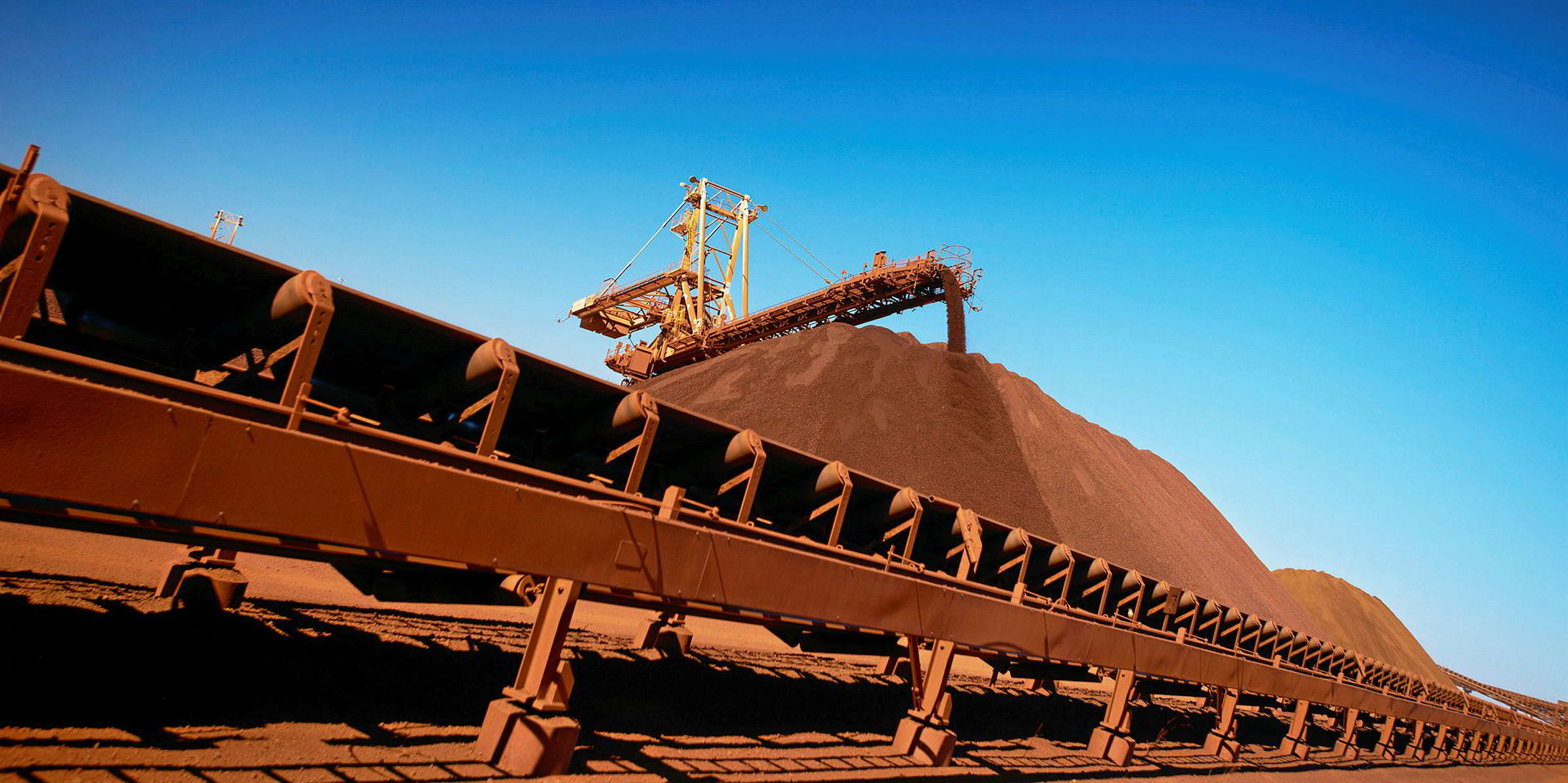Australian mining giant BHP is backing a 40% emissions reduction for its ship chartering operations.
BHP said it has set Scope 3 goals — which are targets related to emissions that occur outside the company’s operated assets — for 2030 to support the 40% emissions-intensity reduction of shipping its products on chartered ships.
The target was unveiled in the company's Climate Change Report 2020, which was published on Thursday.
"We expect to achieve our Scope 3 goal through chartering choices, alternative fuel requirements, and technology to optimise voyages," said BHP, which described itself as one of the world’s largest dry bulk charterers.
"We, therefore, have the opportunity to influence action in a global industry where emissions are difficult to abate."
World first
BHP highlighted that in July 2019 it had issued what it said was "a world-first tender for lower-emissions, LNG-fuelled bulk carrier vessels for iron ore transportation".
"This is expected to lead to lower emissions of up to 34% on a per voyage basis when compared to conventional vessels," the company said.
This month, Eastern Pacific Shipping emerged as the winner of BHP’s tender for five LNG-fuelled, 209,000-dwt bulker newbuildings ordered in China against contracts with the Australian company.
The dual-fuel ships will ship iron ore between Western Australia and China from 2022.
BHP's report provided an update on the company's progress on climate action, new commitments, and how it integrates climate change into corporate strategy and portfolio decisions.
It showed that shipping will be a potential focus for the company's climate investment programme.
The company, which said it supports the aim of the Paris Agreement to limit global warming to well below 2°C, has set a long-term goal of achieving net zero greenhouse gas (GHG) emissions by 2050 in its Scope 1 and 2 operations.
BHP has also set a short-term target of maintaining operational emissions at or below those logged in the 2017 financial year by the same period for 2022, using carbon offsets as required.
Progress
It declared that it is has made “good progress” on this.
The company also plans to accelerate its initiatives and help others to do the same.
It has set a new medium-term target to reduce operational GHG emissions by at least 30% of its financial year 2020 levels by the same period in 2030.
BHP chief executive Mike Henry said: “We see ourselves as accountable to take action.
"We recognise that our investors, our people and the communities and nations who host our operations or buy our products have increasing expectations of us — and are responsive to these," he added.
Henry said the company must focus on what it can control inside its business, and work with others to help them reduce emissions from the things that they control.
"Our commodities are essential for global economic growth and the world’s ability to transition to and thrive in a low carbon future," he said.
"Climate change action makes good economic sense for BHP and enables us to create further value."
